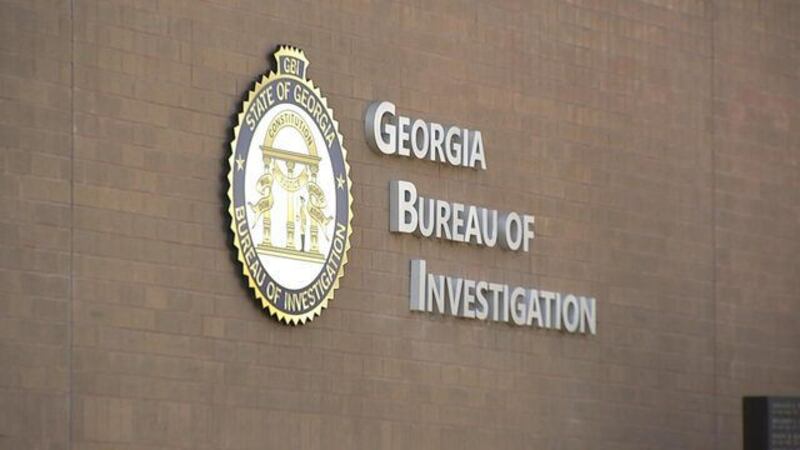ATLANTA — New, large signs aimed at the public are on the outskirts of a Georgia World Congress center election work room. It’s where Fulton county election workers are processing absentee ballots ahead of Tuesday’s runoffs.
No pictures. No binoculars. No speaking to employees, etc…
The laundry list of reminders outlining Georgia law sends a clear message-no harassing election workers. It’s an obvious, but necessary warning in the aftermath of General Election conspiracies that resulted in just that.
Georgia law distinguishes specific rules tied to observing and poll watching. While the statute describes observing of absentee ballot processing, ballot tabulation and in-person voting as public, but confined to a designated area, poll watching results in a closer look at the election process, and requires a formal approval process.
“A poll watcher is a specifically-designated person who is identified before the election, their appointments are confirmed in writing and submitted to election officials,” explained Eliza Sweren-Becker, voting rights and election counsel with the Brennan Center for Justice.
TRENDING STORIES:
- Trump, Biden both in Georgia today last-minute push for Senate runoff
- Some north Georgia health departments to turn focus from testing to vaccination next week
- GBI, local law enforcement investigating threats ahead of Tuesday’s election
Sweren-Becker notes poll watchers, either independent or party-designated, are easily identifiable with badges, and cannot “self-deputize.”
“Poll watchers aren’t supposed to talk to voters,” Sweren-Becker said. “They’re not supposed to use their cell phones or take photos and elections officials in the polling places have the authority to remove poll watchers who are not in compliance with the rules.”
As was the case in the General Election, the poll watchers in Fulton County Monday declined to interview with Channel 2, with most saying they were not allowed to talk.
One veteran poll worker told Channel 2 investigative reporter Nicole Carr that he’s been a part of the process for more than a decade, and likes to set eyes on the process himself to distinguish what’s true on the news and what’s not.
While the process is a part of civic engagement, some observers who claimed to have witnessed unfounded fraud in the General Election also led to worker harassment in November.
Last week, Fulton County Election Director Rick Barron told Carr is impacted moral, but most of the 3,000 volunteers from the General Election decided to return for the runoffs.
“We’ve had a lot of people calling in death threats,” Barron said. " We’ve had a lot of racial slurs thrown at my staff. So it has been hard to keep people up and motivated, but I think everybody knows how important this is.”
Sweren-Becker reminded voters that any talk of increased poll observation should not deter voters or concern election workers because there’s legal recourse for any potential harassment.
“We want to make sure that voters know that they have these protections,” Sweren-Becker said. “That election administrators are going to enforce the rules. They’re going to make sure that voters can exercise their right to vote, and that voters should not be scared away from participating in democracy because of this kind of chatter which is in itself designed to discourage voting.”
Cox Media Group





